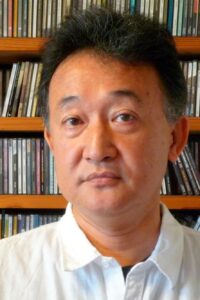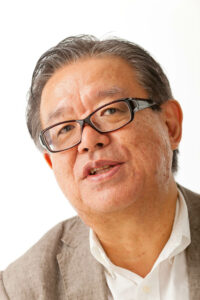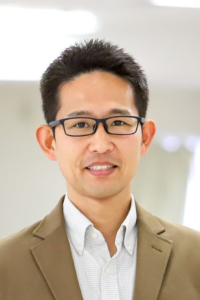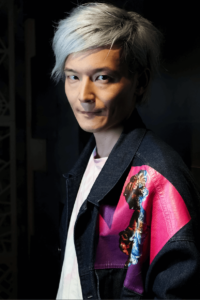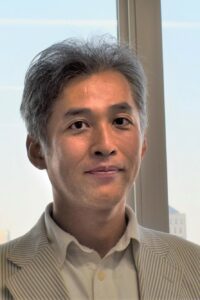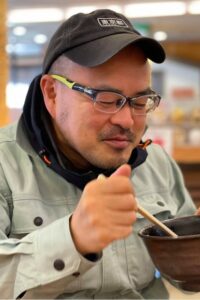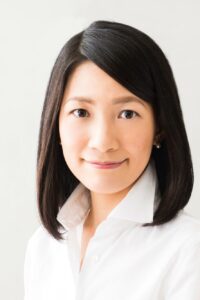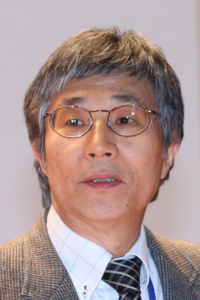
Kariya Takehiko, Professor, Oxford University Key points Despite higher levels of education, labor productivity is not rising. The closed nature of the human capital market is also affecting non-regular employees. We must increase diversity of human resources, not rest on our laurels here in Japan. During the COVID-19 pandemic, many countries temporarily closed their borders, putting a brake on the free movement of human resources. Bearing in mind the small number of infected people, by refusing entry to foreign students for an extended period, Japan’s response is like its historic “national isolation.” Amid competition for human resources in the global arena, will post-COVID-19 Japan be able to make its human resources more skilled and diverse? The famous French thinker Michel Foucault made a fascinating point in a lecture in his later years. It was that the market, which had long been a place ... ... [Read more]
